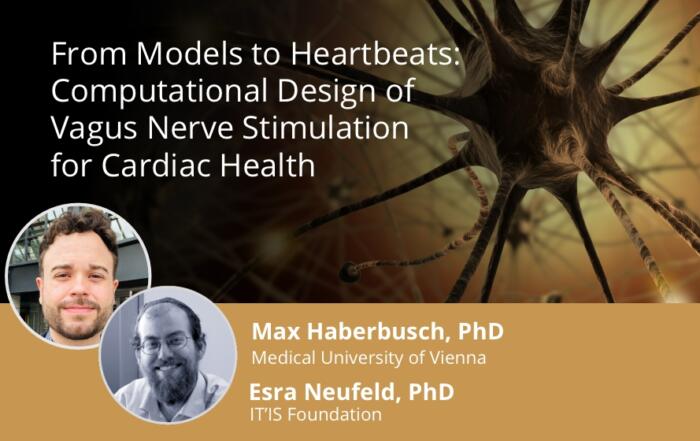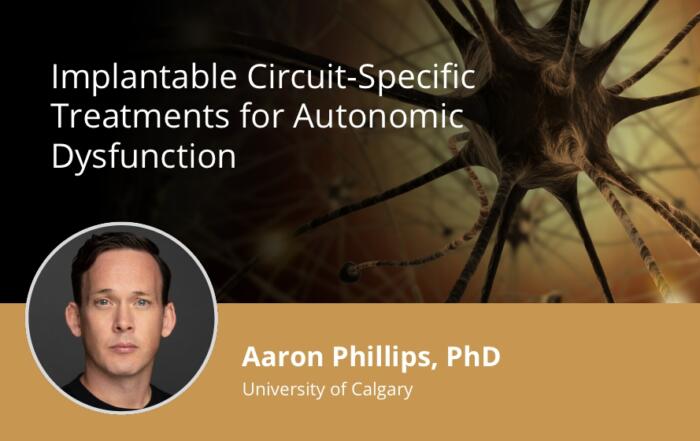Watch to understand how cardiac slices and the IonOptix Cardiac Slice System can be used to complement and improve upon traditional cardiac investigations.
Cardiac slices better preserve the structure, function, and biochemical properties of the in situ heart when compared to other model systems, including isolated cardiac myocytes and other intact tissue preparations, while allowing for a wider range of experimentation than whole heart. Additionally, cardiac slices can be prepared from both animal and human tissue, suggesting that data will translate better from the bench to the clinic.
In this webinar, the speakers build off the previous IonOptix webinar introducing the cardiac slice preparation to explore specific applications that are well-suited to cardiac slices and the IonOptix Cardiac Slice System. Specifically, they show investigations utilizing cardiac slices to highlight the effect of myosin ATPase inhibition on the Frank-Starling relationship, as well as the relationship between microtubule network remodeling and diastolic stiffness/dysfunction. Lastly, they also explore engineered heart tissue as an alternative to the cardiac slice preparation.
Key Topics Include:
- Acquiring work loops in cardiac slices
- Visualizing the Frank-Starling relationship in cardiac slices
- Using cardiac slices to understand the molecular mechanisms responsible for cardiac stiffening
- How to acquire work loops in engineered heart tissue
Resources
Presenters
R&D Engineer / Assistant Professor
Molecular Physiology and Biophysics
IonOptix / University of Vermont
Assistant Professor
Molecular Physiology and Biophysics
University of Vermont
Fellow
Cardiovascular Medicine
University of Pennsylvania












